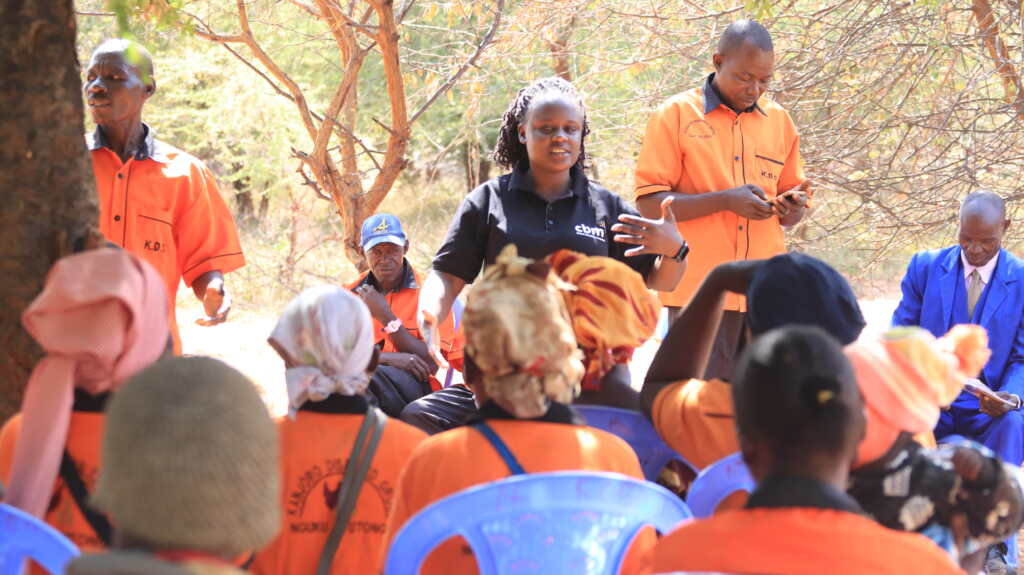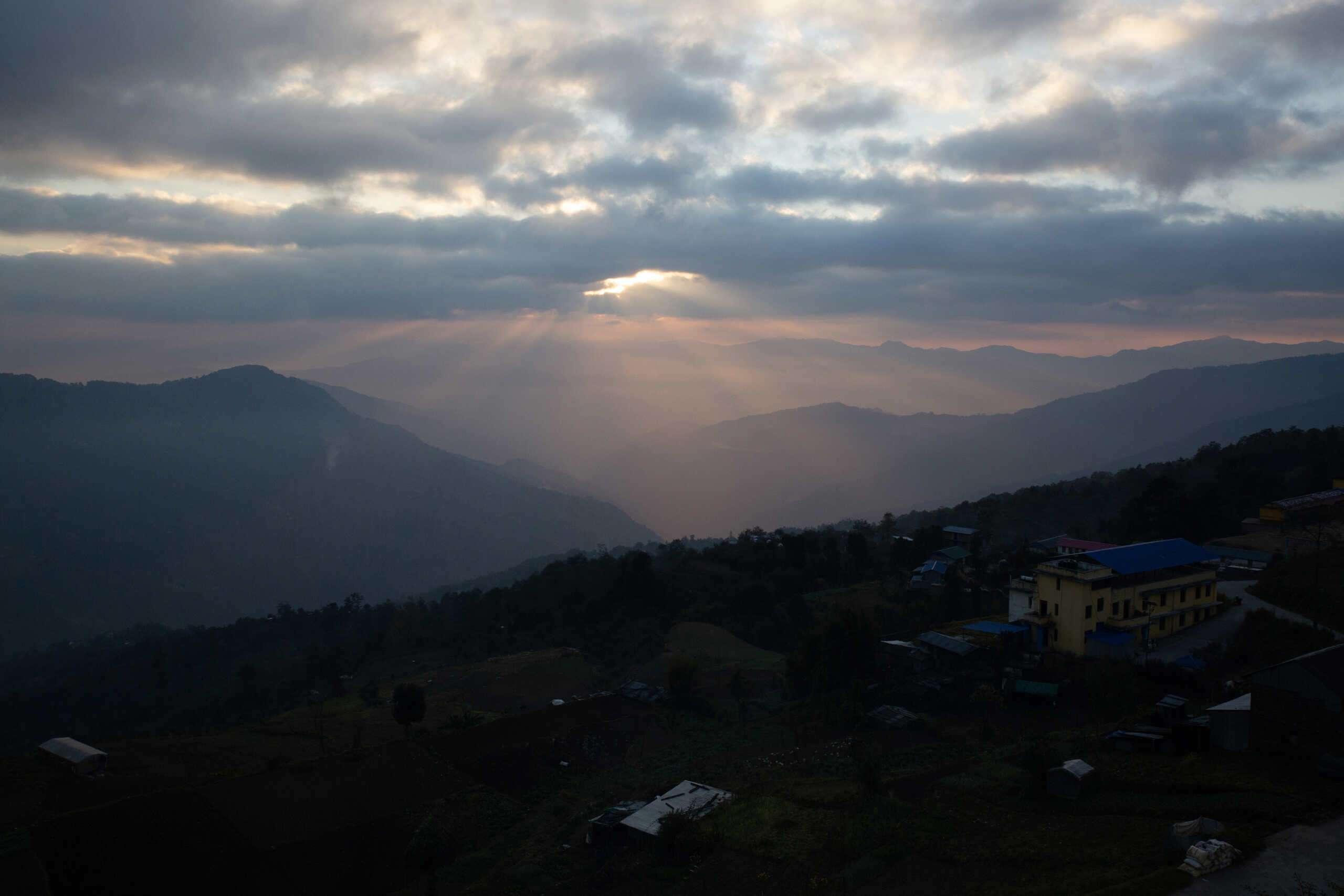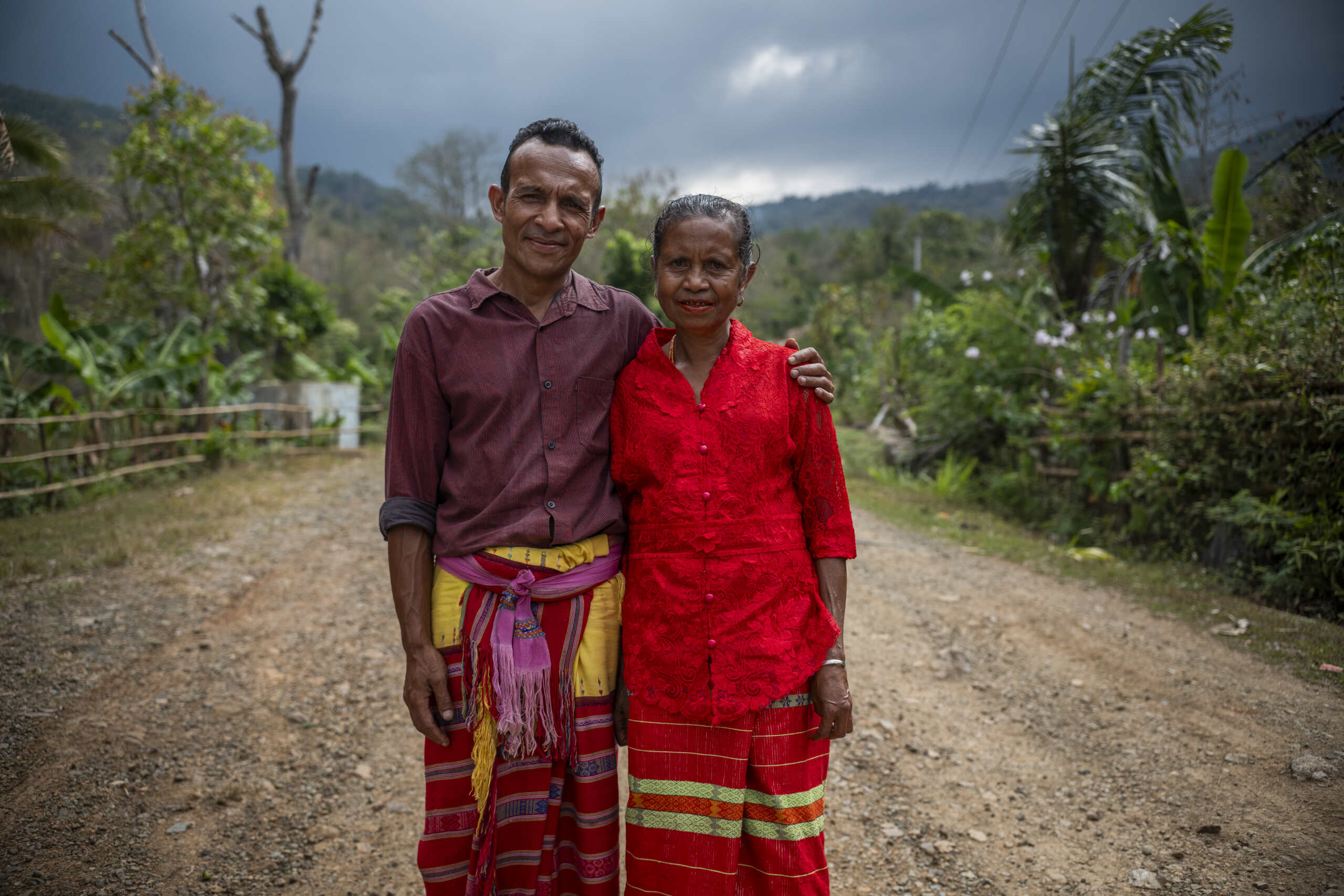Interview: Learnings from the OPD LEAD Project
Stories | November 12, 2025
Vivian Sikinyi is part of the Kenya Country Team and has been closely involved in designing and implementing the OPD LEAD Project. She shares her reflections on what the project has achieved and what has been learnt along the way.

Could you tell us who you are and your role in the OPD LEAD Project?
I’m Vivian, and I’ve been working with the Kenya Country Team on the OPD LEAD Project since it began. My role is to offer support to the Organisations of People with Disabilities (OPDs) as they lead their own projects, and to walk with them as they grow into stronger voices for disability inclusion. I am their focal person at CBM Global, and I also compile their reports.
What are you most proud of from Phase 1?
I’m really proud of how OPDs have stepped up. At the start, many were small groups without much structure, but now they are running their own projects, influencing county budgets, and even forming Saving and Credit Cooperative Organisations (SACCOs). One group in Malindi raised over 200,000 shillings (AUD 2,350) through a SACCO. That’s a huge achievement. We’ve also seen county governments take OPDs seriously, consulting them on accessibility and budgeting. That shift from being invisible to being recognised is very powerful. The community is also appreciating the existence of people with disability groups as opposed to initially. There is unity among the groups too. Three groups spoke of how they have contributed and come together for their members, leaving the communities startled.
What have been some of the challenges along the way?
Change is never smooth. Some OPDs struggled with leadership wrangles or lacked consistent governance. Budgeting was another challenge. We often underestimated how much it costs to provide inclusive support, like assistive devices or reasonable accommodation. And while some OPDs thrived, others are still learning how to be sustainable without donor support. We also realised we need to do better in including people with psychosocial and intellectual disabilities, who were sometimes left out.
What are the main learnings from this experience?
First, OPDs do best when they lead when they have ownership, supported with the right tools and mentoring. Simplified templates and systems helped a lot and working with them to develop these templates was a win for us, since they guided us and that was easy for them. Second, partnerships matter. Working with counties opened doors and gave OPDs more recognition. Third, we’ve learnt that inclusion has to be broader. We can’t only focus on seen disabilities; we need to bring in every voice. And finally, sustainability must be planned from the start.
How were for Phase 2 OPDs selected?
From the start, the OPDs knew the project would be phased, with fewer partners continuing each year so we could give deeper support. For Phase 2, we used a structured and transparent process. It began with a reflection workshop where OPDs shared their progress using tools like Outcome Harvesting and River of Life. We then combined this with self-assessments, an impact survey, and internal reviews from our Monitoring and Evaluation, Finance, and Programme teams. Finally, the Steering Committee reviewed the findings and guided the decision. In the end, three OPDs were selected.
Looking ahead, what happens next in Phase 2?
In Phase 2 we’re focusing on depth rather than breadth. The three selected OPDs will receive intensive mentoring and resources to strengthen their governance, sustainability, and advocacy. But we’re not leaving the others behind. The remaining OPDs are being linked to regional hubs, partners, and funding opportunities, and they’ll continue to get technical support. The idea is to build strong champions who can also mentor others.
To learn more about the OPD project:
- Read the article on Building disability leadership in Kenya’s communities
- Read the evaluation summary ‘From participation to leadership: OPDs driving change in Kenya’
https://www.cbm.org.au/stories/interview-learnings-from-the-opd-lead-project
Related Stories

Building inclusive, climate resilient communities in Bangladesh
Highlights from DFAT Post’s visit In January 2026, representatives from the Australian High Commission in...

Week 1 – Lent series 2026
As we enter the season of Lent, we’re taking time as a community to pause, reflect, and draw closer to the heart of God. Lent invites...

How CBM is making a difference in Indonesia
For more than 45 years, CBM Global has been working alongside communities in Indonesia to ensure people with disabilities...
